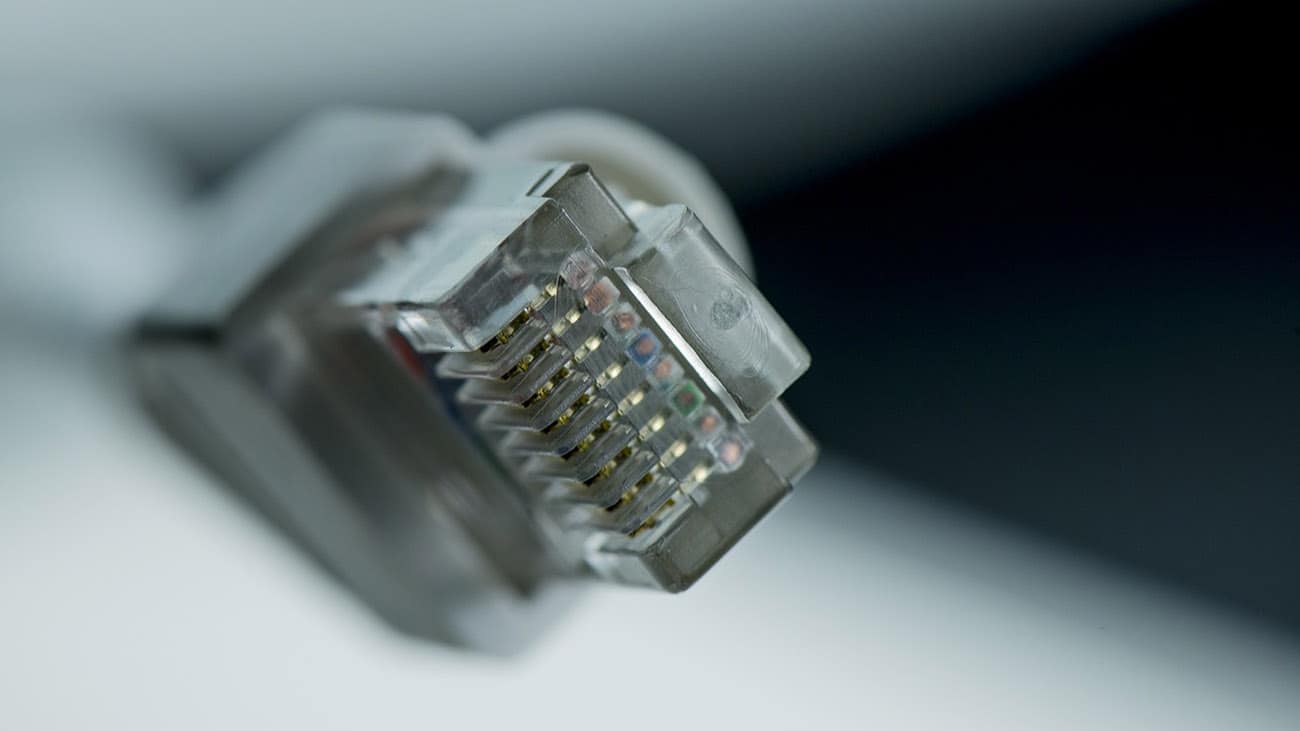More organisations than ever rely on a steady high-speed internet connection to perform services, sell products or support their clients. To ensure consistent, high-speed, internet, many businesses opt for a leased line. So, what are they and what are the benefits?
What is a leased line?
A leased line is a method of connecting to the internet through a dedicated, high-speed connection. It is a private connection that isn’t shared with other users, ensuring that bandwidth isn’t affected by contention, internet connectivity and inconsistent speeds.
Although it does cost more than a standard internet service, leased lines offer a host of benefits – particularly for businesses that depend on an online connection.
The benefits of a leased line
There are a number of advantages for your organisation, such as:
1. Consistent internet connection
Leased lines create a single, dedicated internet connection used solely by the user. For example, when using a standard internet connection, the connection is shared with other users in the area. This results in slower upload/download speeds during peak operating hours. In contrast, a leased line is a dedicated fiber connection, resulting in the users speeds remaining consistent and high-speed at all times.
2. Improved upload speeds
If you need to upload large files or use an upload feature regularly, you will notice that upload speeds tend to be much slower than download speeds. With a leased line, download and upload speeds are more or less the same, which can make it much easier to use VoIP services, emails and file sharing consistently.
3. Service level agreements
Service level agreements, known as SLAs, outline the minimum level of service expected from an internet service provider. It’s a guarantee that, if there is a fault in the line or limited internet access, the service provider will compensate the end user accordingly.
For more about the benefits of a leased line view our service page:
Find Out More

